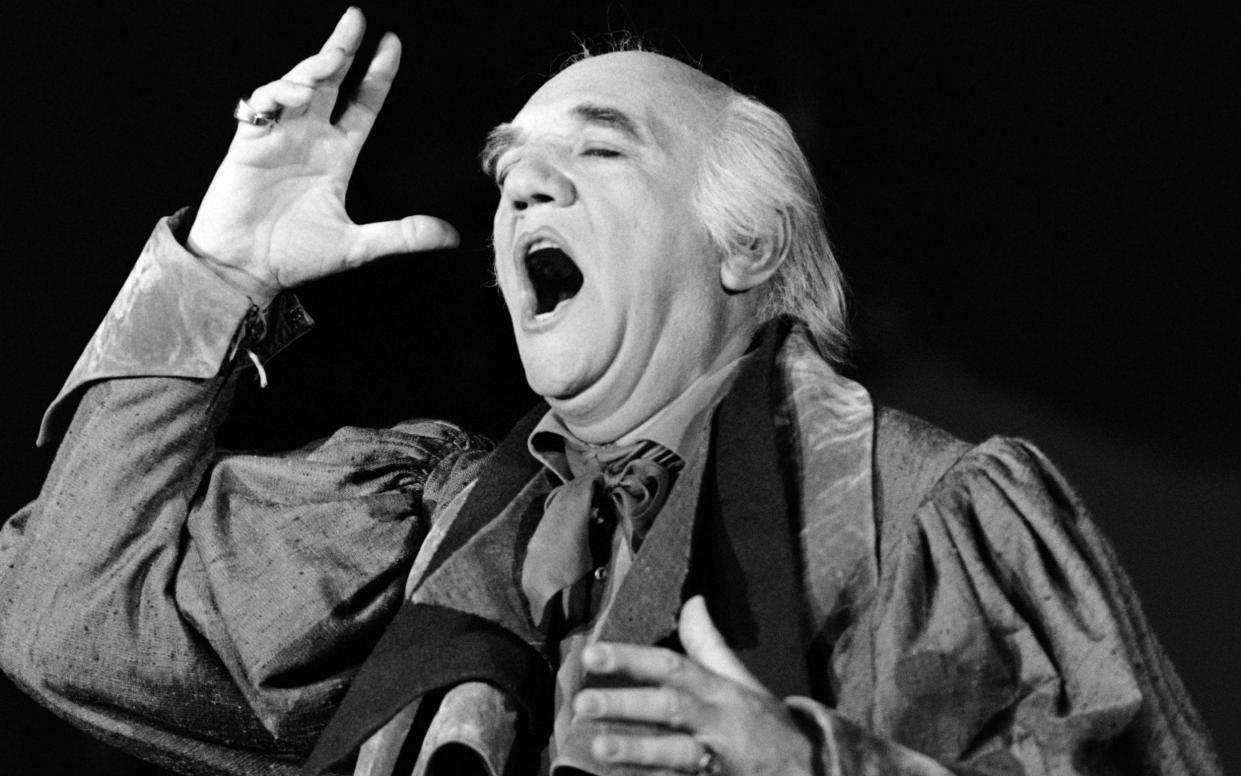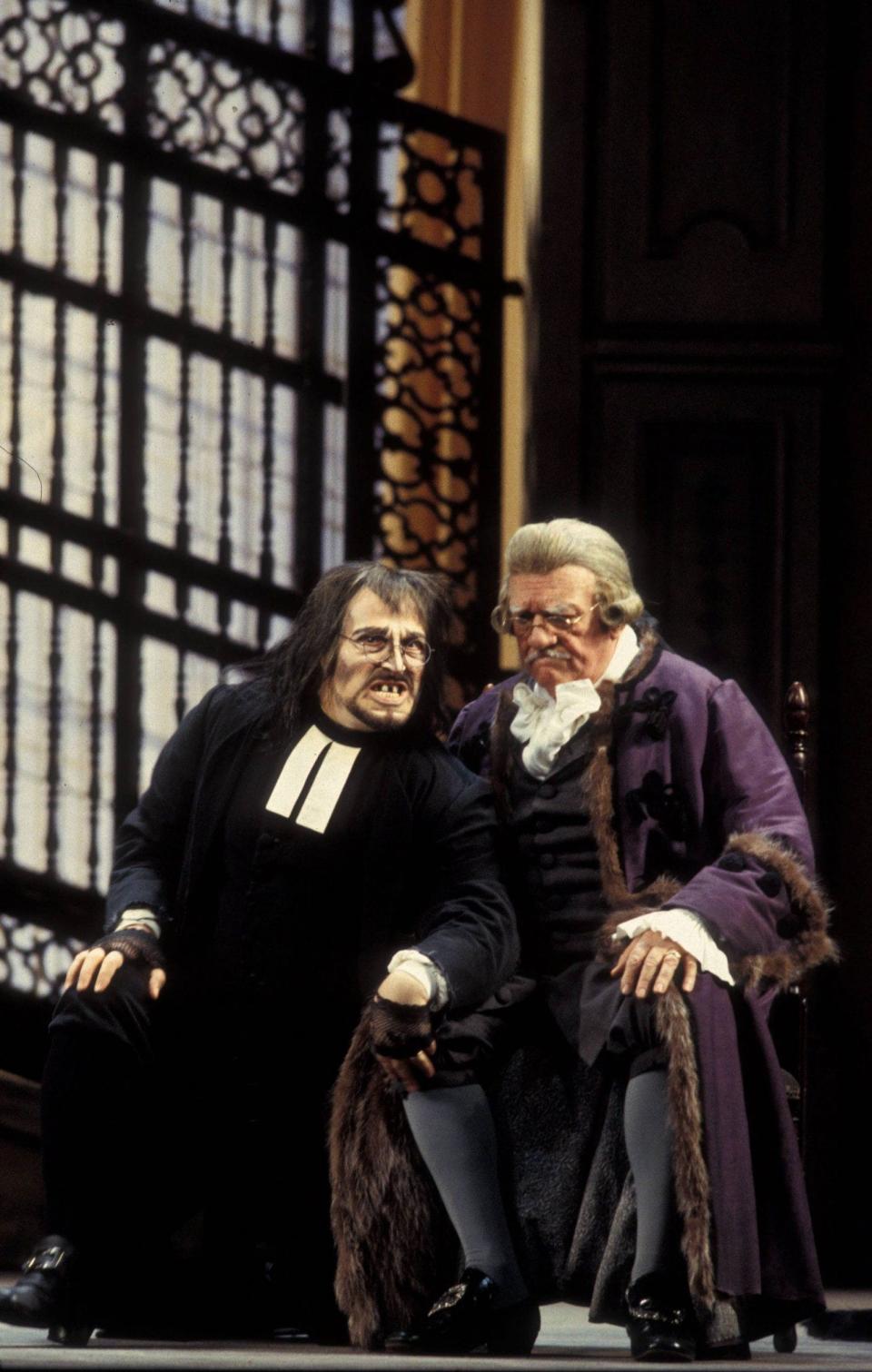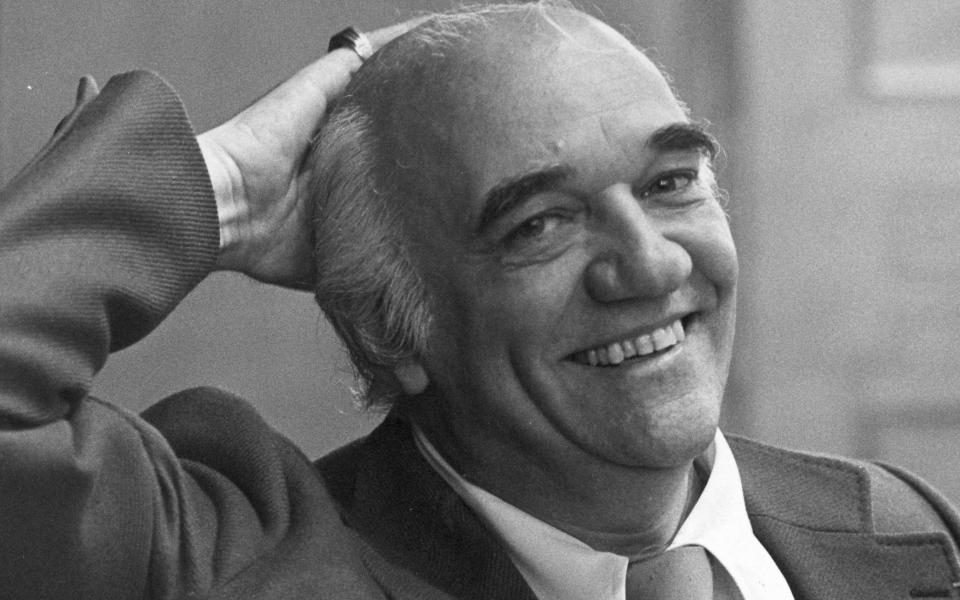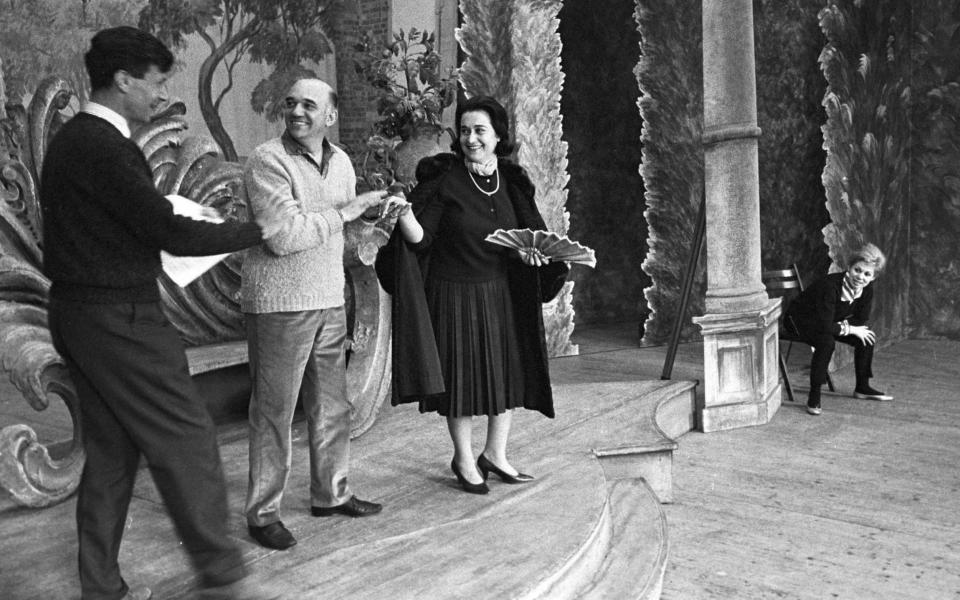Gabriel Bacquier, French baritone and star of Covent Garden and Glyndebourne – obituary

Gabriel Bacquier, who has died aged 95, was a French baritone who enjoyed a substantial career in English-speaking countries; he made several appearances at Covent Garden, was a virile Count Almaviva in Mozart’s The Marriage of Figaro at Glyndebourne in 1962, and took part in a gala concert at the Royal Opera House in 1977 to mark the Queen’s Silver Jubilee.
Bacquier was as much an actor as a singer, and articulation and technique were key to his success. He had a commanding presence on the concert platform, where he was an assured and delicate interpreter of French art song, going on to make delightful recordings of songs by Ravel and Poulenc.
However, it was in opera that he triumphed. In 1963 he was Germont in Verdi’s La traviata in Philadelphia, where he impressed a representative from the Metropolitan Opera who was there to hear Joan Sutherland. He appeared in New York in September 1964 as a splendid High Priest in Saint-Saëns’s Samson et Dalila, returning two months later to bring his lustrous voice to Scarpia in Puccini’s Tosca.

Earlier that year Bacquier had made his debut at the Royal Opera House as Riccardo in Franco Zeffirelli’s staging of Bellini’s I Puritani, but was overshadowed by the presence of Joan Sutherland as Elvira. Although his London appearances were intermittent, he was nudging 70 when he bade farewell, playing Doctor Bartolo in Rossini’s The Barber of Seville.
The critic Rodney Milnes described him as “an old-timer with bags of voice still and one who, if he couldn’t sing a note, would have made a great career as an actor”.
Off stage Bacquier was a Don Giovanni character with a Falstaffian physique, and students at his masterclasses would be regaled with bawdy songs, including one on the differing qualities of his mistresses’ pubic hair. “I was never handsome, but I had un certain charme,” he told Opera News, waggling his immense white eyebrows.
Gabriel Augustin Raymond Théodore Louis Bacquier was born in Béziers, in the south of France, on May 17 1924; by the age of five he was singing along to his father’s wind-up phonographs.

He studied design in Montpellier, but when the Germans entered France he returned to Béziers. To avoid being sent to Germany as forced labour he worked on the railways, but they were also taken over and the French workers were kept busy with round-the-clock shift work.
During this time Bacquier met a Madame Bastard, who had been a friend of Saint-Saëns and who encouraged him to sing. She became his teacher and gave him a daily lesson until 1945, regardless of his shifts.
After liberation he spent five years at the Paris Conservatoire before joining a small company specialising in musical theatre; to make ends meet he sang in cabaret.
In 1953 he made his operatic debut as Figaro in The Barber of Seville at La Monnaie in Brussels. His next big role was Sharpless in Puccini’s Madama Butterfly in 1956 at the Opéra-Comique in Paris, where he became the company’s go-to baritone.

Four years later he moved to the Paris Opera, where his first appearance was with Renata Tebaldi in Puccini’s Tosca. In 1963 he created the role of Abdul in Menotti’s Last Savage in Paris.
Bacquier continued singing on both sides of the Atlantic well into old age, officially making his final performance in Donizetti’s Don Pasquale at the Opéra-Comique in June 1994. Some years later he made a blazing comeback in Prokofiev’s The Love for Three Oranges with Lyon Opera under Kent Nagano.
His wives included the soprano Michèle Command and the mezzo-soprano Sylvie Oussenko, who published his biography in 2011, married him in 2013 and who survives him.
Gabriel Bacquier, born May 17 1924, died May 13 2020

 Yahoo News
Yahoo News 
